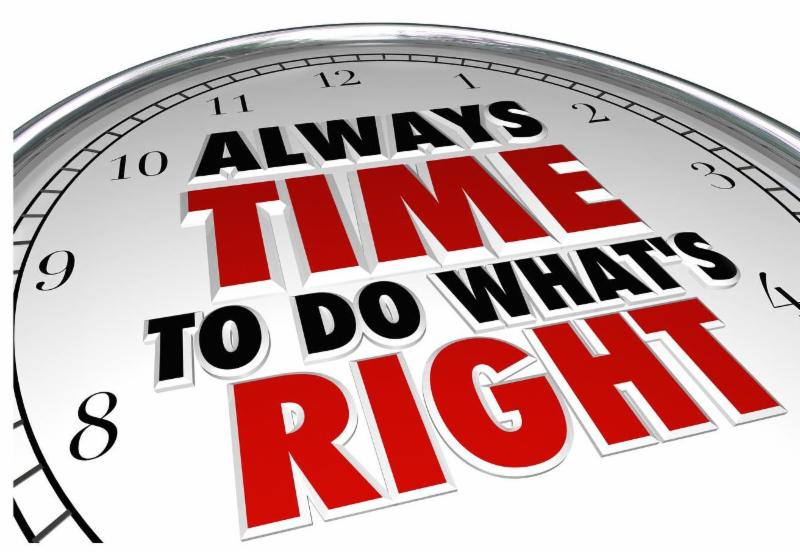A Code of Ethics Sets the Stage for Decision-Making
Demonstrating commitment to ethical standards is one way your  nonprofit can show that it's worthy of the public's trust and your donors' gifts. Developing a code of ethics - and following it - tells your constituents that your organization lives up to its ideals. nonprofit can show that it's worthy of the public's trust and your donors' gifts. Developing a code of ethics - and following it - tells your constituents that your organization lives up to its ideals. Identifying your values Think of your code of ethics as a statement of how you practice ideals. A code of ethics not only guides your organization's day-to-day operations but also your employees' and board ...(Read More) |